
A surprising ally in the fight against the spotted lanternfly: Ants
Virginia Tech researchers, led by Dr. Scotty Yang in the Department of Entomology, have found a new way to determine if spotted lanternflies have invaded a new area by using ants.
Articles from VT News that highlight invasive species education, research, & engagement

Virginia Tech researchers, led by Dr. Scotty Yang in the Department of Entomology, have found a new way to determine if spotted lanternflies have invaded a new area by using ants.

Over the last year, the Invasive Species Collaborative has been busy supporting an invasive species cluster hire. The Collaborative is excited to announce that four out of seven positions have been filled.

A team led by two Virginia Tech researchers recently compared the whole genome sequence of two genetically distinct lineages of bed bugs. Their findings indicate the human-associated lineage followed a similar demographic pattern as humans and may well be the first true urban pest.
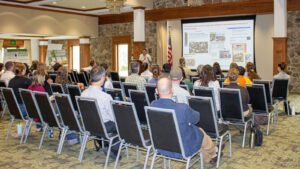
In late April, Dr. Aníbal Pauchard, a professor at the Faculty of Forestry Sciences at the University of Concepción in Chile and Director of the Institute of Ecology and Biodiversity, visited the Invasive Species Collaborative at Virginia Tech.
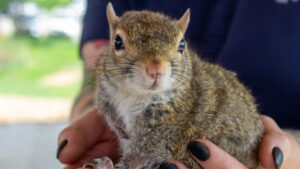
The Invasive Species Collaborative had an amazing time coordinating not one, but two events on April 25 and 26. The Collaborative also had the sincere pleasure of hosting Dr. Aníbal Pauchard, an international expert on biological invasions.
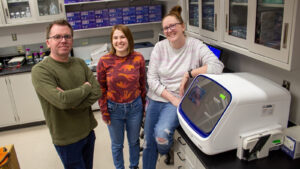
A study published in the Journal of Medical Entomology details how a team of Virginia Tech researchers discovered a gene mutation that could contribute to insecticide resistance in bed bugs.
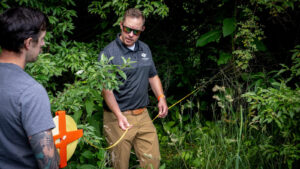
Jacob Barney, professor of invasive plant ecology in the College of Agriculture and Life Sciences, has been appointed by the U.S. Department of the Interior’s Office of the Secretary to serve a two-year term on the Invasive Species Advisory Committee.
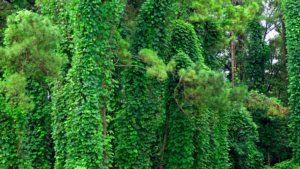
As part of National Invasive Species Awareness Week, the Invasive Species Collaborative at Virginia Tech has several experts available to speak about biological invasions.

Anyone with invasive plants or insects in their garden knows how frustrating these pests can be. Anne Marie Pfaff, a Rapidan River Extension Master Gardener with plenty of experience fighting invasives, has this advice: Don’t give up.
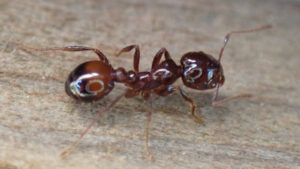
Virginia Tech entomologists have partnered with Virginia Cooperative Extension to help track and prevent the spread of hybrid fire ants across the Commonwealth.
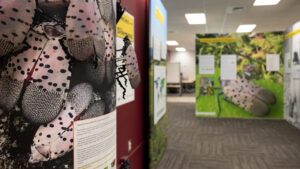
With colorful and interactive panels, an exhibit on the second floor of Newman Library titled “Invasive Species – A Global Dilemma” highlights the threat of invasive species to Virginia and surrounding regions.
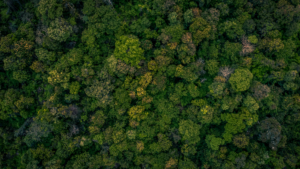
Just 16 short months ago, Carrie Fearer stepped onto Virginia Tech’s Blacksburg campus, ready to make her mark. Now, she’s not just a faculty member in the Department of Forest Resources and Environmental Conservation, but also a driving force in the College of Natural Resources and Environment’s conservation efforts.

The Invasive Species Collaborative (ISC) at Virginia Tech aims to position the university as a center of excellence in the science, policy, and management of invasive species by bridging disciplinary divides, driving innovative solutions, and engaging in team science.
© 2023. All Rights Reserved. Invasive Species Collaborative.
